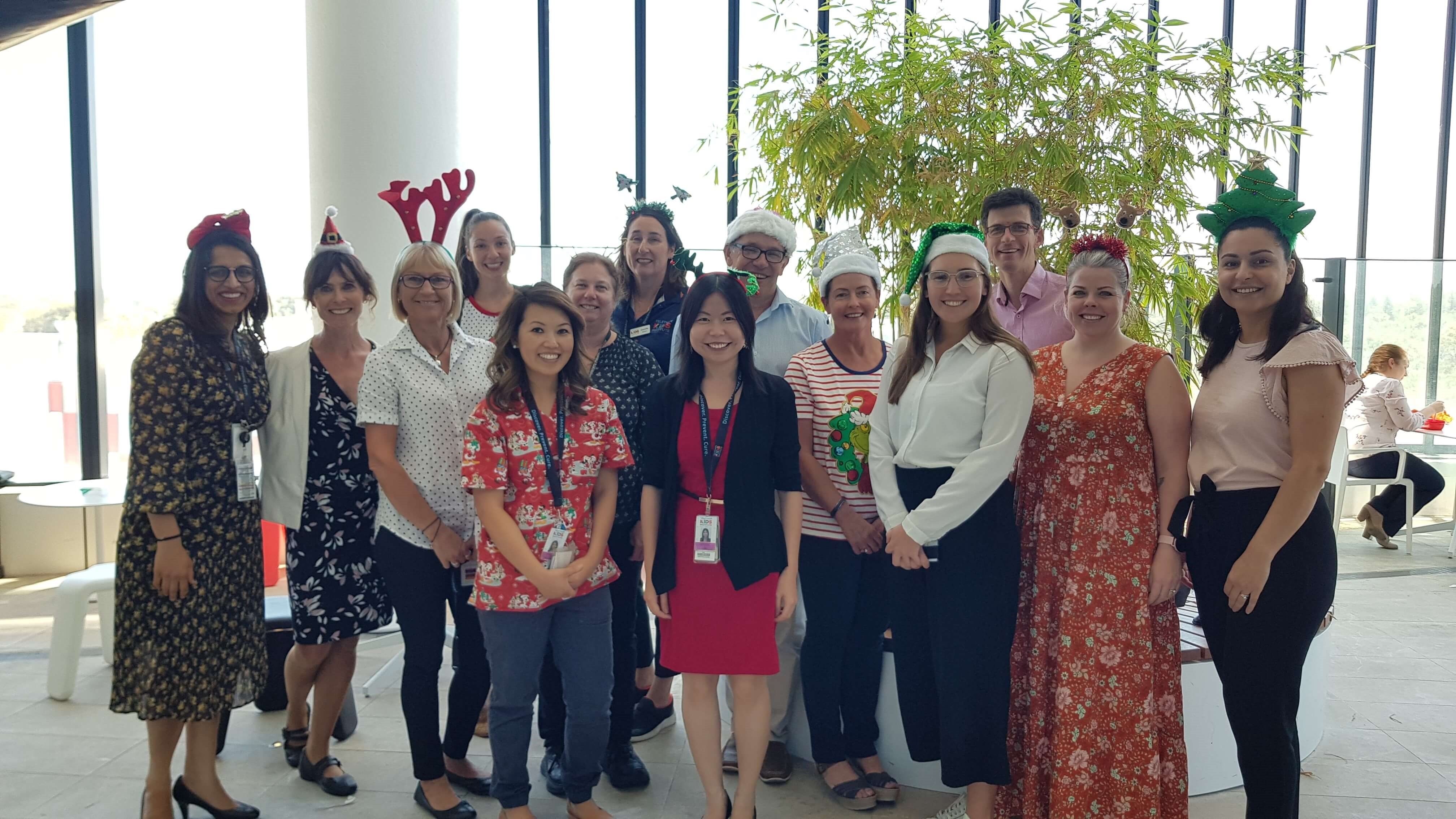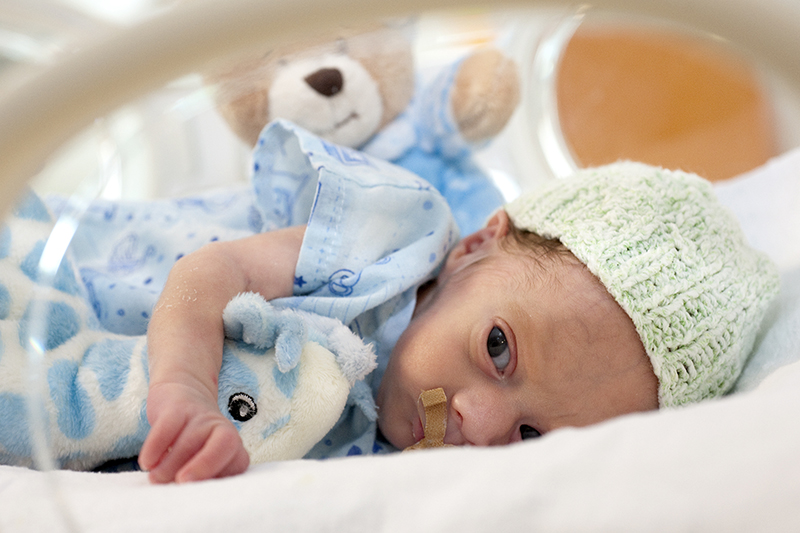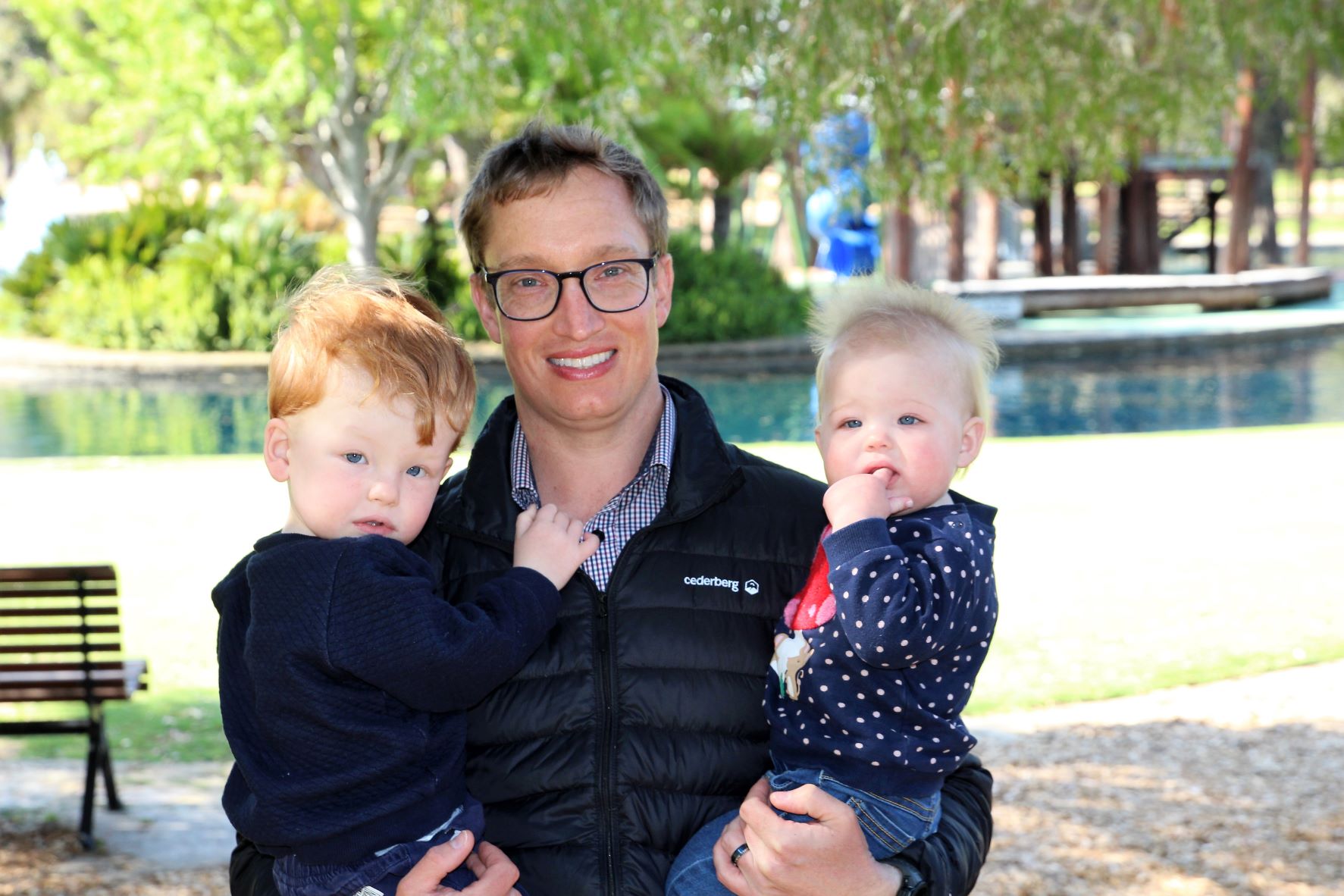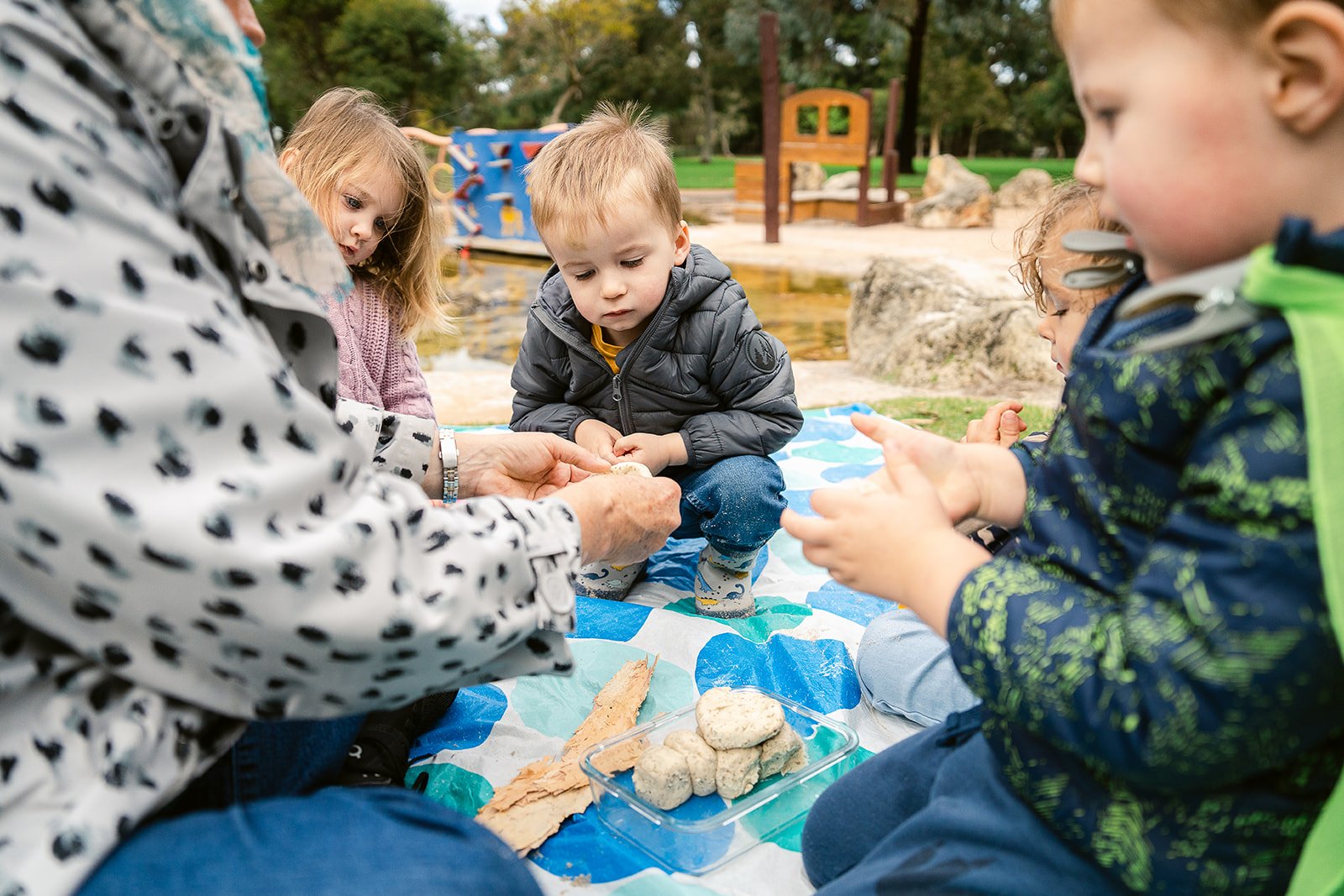Search
Find information for researchers wanting to use Young Minds Matter data in their research, including resources and database access.
At the Wesfarmers Centre, we undertake research in five key areas of infections and immunisation to assist in children's health.
Review the hospital-based research that the Wesfamers Centre of Vaccines & Infectious Diseases conducts.
The aim of the study is the early identification of problems with the current flu vaccines, and providing parents and professionals with up to date information.

Coming up in 2021 Contact us We have a a study to suit every age range in 2021! From babies at just six weeks for the FluBub Study, through to
Conference presentations in 2025

An interventional birth cohort researching ways to optimise health and identify conditions that enable every child to flourish from an early age.

News & Events
HBF Funded Sub-Project Runner Up In Ramsay Research Week CompetitionORIGINS sub-project, Flourishing in Fatherhood, has placed runner up in Ramsay Health Care's research-month competition!

News & Events
Nature Play & Grow - based on science but promoting playA pilot program, teaching families how to 'play' in nature, has been shown to be effective in helping families unlock the mental and physical health benefits of connecting with nature and community through outdoor play, easily, and locally.
